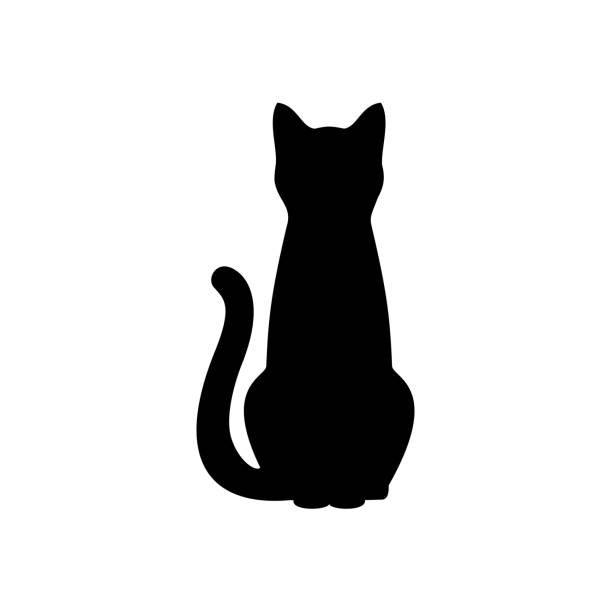Cat Litter Safety For Anticipating Mothers: A Guide.
Cat Litter Safety For Anticipating Mothers: A Guide.
Blog Article

Anticipating a kid is a joyous celebration, but it likewise includes a myriad of obligations and factors to consider, particularly for pet owners. Amongst the many concerns that occur throughout pregnancy, one that frequently flies under the radar is the concern of cat litter. While relatively harmless, cat litter can pose dangers to pregnant females and their unborn children if not handled correctly. In this article, we dig into the necessary information every expectant mom who owns a cat must understand to ensure a safe and healthy pregnancy.
The main issue with cat litter during pregnancy lies in its association with toxoplasmosis, a parasitic infection triggered by the Toxoplasma gondii parasite. Cats, particularly those who hang around outdoors, can end up being infected with this parasite by hunting and consuming contaminated victim or by coming into contact with polluted soil. As soon as contaminated, cats can shed the parasite in their feces for a short duration, normally one to two weeks, which is when they become carriers of the illness.
Toxoplasmosis itself may not trigger any symptoms in healthy individuals, but it can have serious effects for pregnant females and their unborn infants if contracted during pregnancy. The parasite can be sent to human beings through accidental ingestion of polluted cat feces, soil, or undercooked meat including the parasite's cysts. In pregnant females, toxoplasmosis can cause miscarriage, stillbirth, or genetic disabilities in the baby, such as hearing loss, vision disability, or intellectual impairments.
Provided the prospective risks related to toxoplasmosis, pregnant females are typically encouraged to take preventative measures when managing cat litter. Here are some essential steps to minimize the risk of infection:
If possible, ask a partner, member of the family, or friend to take control of the job of cleaning up the litter box throughout pregnancy. This minimizes direct exposure to feline feces, reducing the danger of infection.
If you should clean the litter box yourself, wear disposable gloves and a mask to prevent direct contact with the feces and inhalation of air-borne particles.
Make sure the litter box is cleaned up daily. The Toxoplasma gondii parasite requires a period of one to five days to end up being transmittable after being shed in feline Robot Litter Boxes feces. Prompt removal of feces reduces the chance of transmission.
After managing cat litter or cleaning up the litter box, clean your hands thoroughly with soap and water to remove any possible contamination.
Avoid gardening or dealing with soil, especially without cat litter box gloves, as it may consist of Toxoplasma gondii cysts from feline feces.
To minimize the risk of contracting toxoplasmosis from food, ensure all meat is prepared thoroughly to kill any parasites present.
n addition to taking precautions when managing cat litter, pregnant ladies may likewise consider switching to alternative litter alternatives that present minimal risk. Here are some options to conventional clay-based cat litter:
Silica gel litter is extremely absorbent and efficiently controls smell. It positions a lower risk of harboring parasites compared to clay-based litter.
Litters made from natural products such as recycled paper, wood pellets, or corn are biodegradable and eco-friendly. These litters are normally considered safe for pregnant females to handle.
Litters originated from plant-based materials like wheat, corn, or pine use an environmentally friendly option to conventional clay litter. They are free from damaging chemicals and are safe for pregnant women and their family pets.
Just like any issues throughout pregnancy, it's crucial to consult your doctor for tailored guidance and suggestions. If you have any questions or unpredictabilities concerning cat litter and its possible dangers, do not be reluctant to discuss them with your obstetrician or midwife. They can supply guidance customized to your individual scenarios and help relieve any issues you may have.
While owning a cat can bring tremendous delight and friendship, it's essential for pregnant ladies to be familiar with the prospective threats associated with cat litter and take proper precautions to protect their health and the health of cat litter boxes their unborn kid. By following simple guidelines and looking for guidance from healthcare suppliers, expectant mothers can browse this aspect of pet ownership safely and take pleasure in a worry-free pregnancy alongside their feline companions.